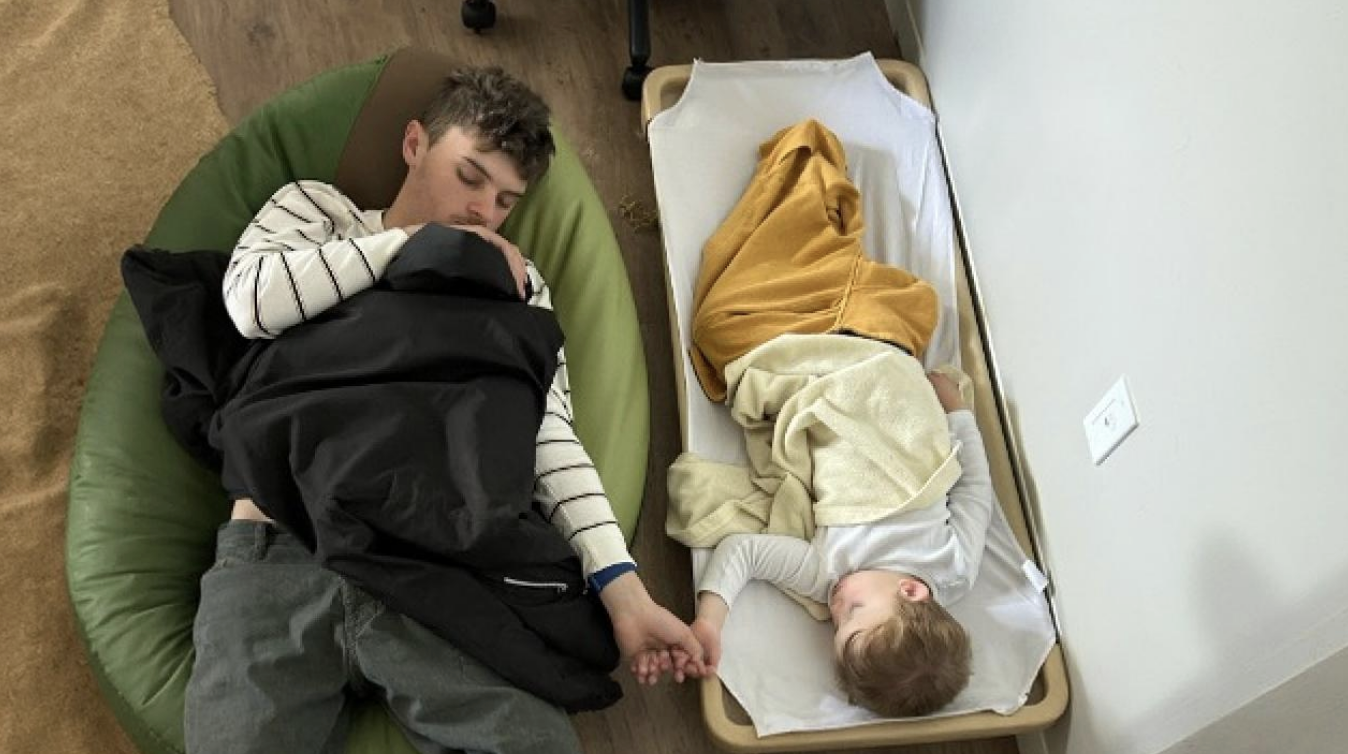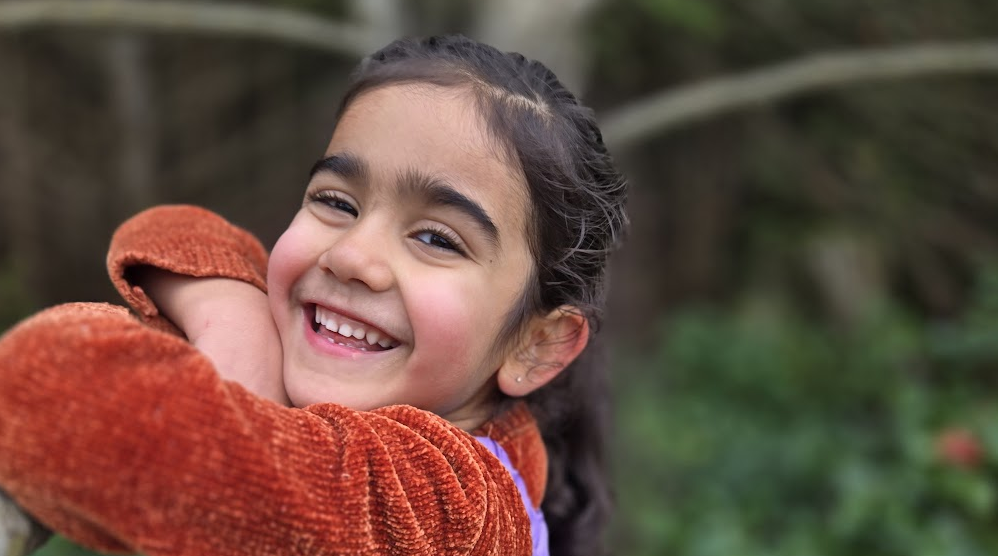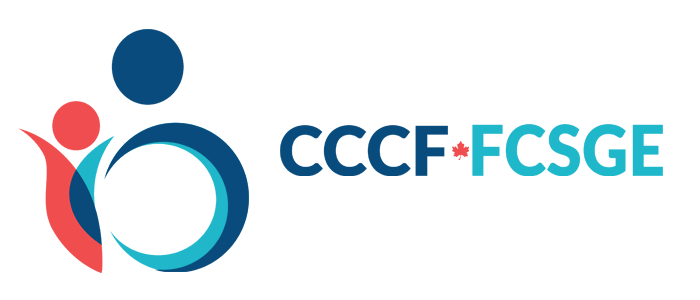If a child lives with encouragement, he learns confidence.
If a child lives with praise, he learns to appreciate.
If a child lives with approval, he learns to like himself.
If a child lives with acceptance and friendship, he learns to find love in the
world.
” IIf a child lives with encouragement, he learns confidence”
- You’ve got it made.
- You’re on the right track now!
- You are very good at that.
- That’s very much better!
- I’m happy to see you working like that.
- You’re doing a good job.
- That’s the best you’ve ever done.
- I knew you could do it.
- Now you’ve figured it out.
- Now you have it!
- GREAT!
- Keep working – you’regetting better.
- You make it look easy.
- That’s the right way todo it.
- You’re getting better every day.
- You’re really growing up!
- Nice going.
- SENSATIONAL!
- That’s the way to do it.
- That’s better.
- Best yet.
- PERFECT!
- You’re really going totown!
- TERRIFIC!
- Much better!
- You’ve just about mastered that!
- OUTSTANDING!
- You did that very well.
- FANTASTIC!
- You’re really improving.
- SUPERB!
- Keep it up!
- You’ve got that down pat!
- TREMENDOUS!
- Good thinking!
- Keep on trying!
- I’ve never seen anyone do it better.
- I like that.
- I’m very proud of you.
- I think you’ve got it now.
- You figured that out fast.
- That’s really nice.
- You’re right.
- CLEVER!
- That’s great!
- Way to go.
- Now you have the hang of it!
- You’ve done a great job.
- Congratulations, you got it right.
- You’re beautiful.

- That’s RIGHT!
- That’s GOOD!
- When I’m with you I feel like singing!
- GOOD WORK!
- I’m proud of the way you worked today.
- You’re really working hard today.
- You’ve just about got it.
- THAT’S IT!
- Congratulations!
- That’s quite an improvement.
- You are doing that much better today.
- I sure am happy you’re my daughter/son/student, etc.
- You’re learning fast.
- Good for you!
- Couldn’t have done it better myself.
- You really make being a parent/teacher/caregiver fun.
- One more time and you’ll have it.
- You did it that time!
- That’s the way!
- SUPER DUPER!
- You haven’t missed a thing.
- Keep up the good work.
- Nothing can stop you now!
- EXCELLENT!
- That’s the best ever.
- FINE!
- Wonderful!
- That’s better than ever.
- I appreciate your hard work.
- Now that’s what I call a fine job!
- You must have been practising!
- You’re doing beautifully.
- Right on!
- Good remembering!
- You did a lot of work today!
- You certainly did well today.
- You’re doing fine.
- You are really learning a lot.
- You outdid yourself today!
- SPLENDID!
- Good going!
- MARVELLOUS!
- You’re doing the best you can!
- Good job.
- You remembered.
- That gives me a happy feeling.
- Well, look at you go!
- DYNAMITE!
- Adapted from a publication titled, 98 Ways For a Teacher to Say “Very Good” by Wintergreen, a supplier of materials for preschools and elementary schools. The material was taken from Children Learn What They Live, author unknown.
- Taken from Children Learn What They Live, author unknown.












